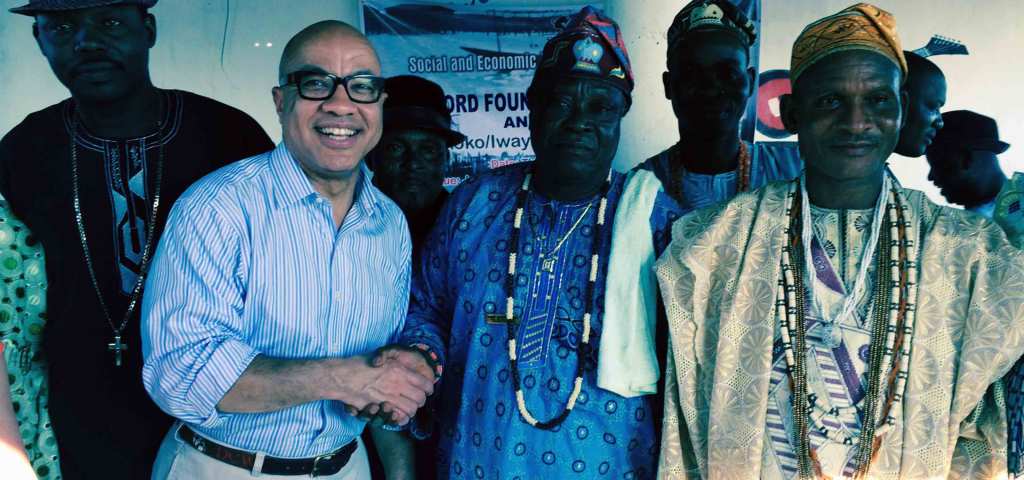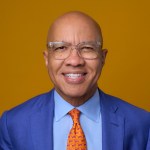
There aren’t many conversations here at the Ford Foundation that don’t turn on questions of power in one way or another—who has it, who lacks it and why. Our mission as a social justice funder requires us to confront such questions on very nearly a daily basis.
And yet I am all too aware that in our role as funders, we are holders of power ourselves. The power dynamics between funders and the organizations they support are a subject I am intimately familiar with, and from both sides. I feel myself particularly fortunate to have been on the grantee end of this dynamic for many years, and I hope and believe it is this experience that is shaping how I serve as president of this great institution.
I know, for example, how difficult it can be to understand how funding decisions are made, how areas of work are selected and how impact is defined.
So when the foundation’s communications staff came up with a plan for our next website that would start from the grantee perspective, not our own, I was onboard immediately.
To find out what kind of information our audiences really want from us, we created what we call the “Un-survey.” Instead of asking our Web visitors questions they could answer with a few pre-set choices, we opened things up, inviting people to submit the questions they wanted us to answer.
Surveys don’t typically transmit much power to the surveyed. The Un-Survey, like all good crowd-sourcing activities, does. And how! Five weeks and some 120 thoughtful and incisive questions later (from 23 countries), we are abounding in topics to think about and address.
Many of the questions affirm my own experience as a grantee. Our community wants to understand our strategic thinking, and the choices we make, more clearly. But it is not just how the Ford Foundation works that interests people, but what we have learned over the decades about the larger process of advancing social change. Here are two great examples of what’s come in:
Do you have a process for learning about all your grantmaking in a given area over the years? How do you synthesize, assess and ‘make meaning’ of the body of work?
I understand the need and desire to have program and focus areas, but do you feel like being so specific in what you are looking to fund could hinder social justice work? Considering that all social justice work is intertwined, with many issues affecting other issues (ie lending, housing, education, jobs, health), I wonder if there is a way fund those taking a holistic approach to social justice.
As I near the completion of my first year as president, these are questions I’ve been asking myself and my colleagues across the foundation. So let me offer a few opening thoughts on learning and progress, subjects very dear to my heart.
First of all, it’s important to me that we always are learning from our work and making adjustments as we go. Some of this learning is organic; it happens as part of day-to-day, ongoing conversations with program staff about their grantmaking, and through dialogue with the organizations we support. We also have more formal assessment processes, with outside evaluators looking at how we’re doing. But to be honest, we’re still trying to master what it means to synthesize what we’re learning throughout the foundation. Figuring that out is a priority for me and our leadership team.
For me, everything begins with our social justice mission. That mission, which begins with a belief in the inherent dignity and worth of every person, continues to drive us as we assess the major trends that are shaping our times and lives of people around the world—rich and poor, powerful and marginalized.
Rising inequality, demographic shifts, the power and pitfalls of technology: These are just a few of the major trends we’ve been studying and which, in the next few months, we’ll be talking more about—what they are, how they’re relevant to human dignity, fairness and justice, and how they are feeding our thinking and our grantmaking.
We want all of this to be open to you. While I can’t entirely undo the power imbalance between the foundation and the incredible organizations whose work on the frontlines of social change we support, I can be open with you about what we’re thinking and how it will affect our future course. So consider the Un-Survey just the start of an ongoing shift in the dynamic between us. We’ll keep pursuing ways to engage.
